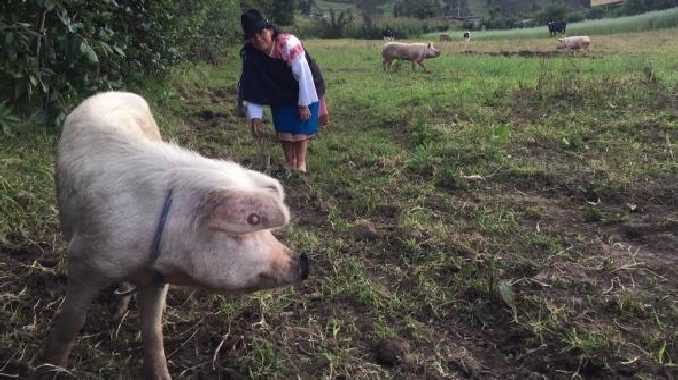
A UN Women study that analyzed the 2018 survey of the Ecuadorian Institute of Statistics and Censuses (INEC) on the use of time, indicates that 7 out of 10 women in Ecuador are time poor, unlike men who are 3 out of 10.
Alison Vásconez, UN Women officer and person in charge of economic rights, commented that time poverty is an economic indicator that measures the hours that a person has to carry out activities for themselves.
“If a woman does not have time for herself, it affects her personal development and even reduces the possibility of earning more money, learning, promoting herself and reaching management positions,” she said.
For example: Karina Tituaña must prepare her son for classes, then work as a teacher and be aware of household activities. She works 14 hours a day.
Juana Benalcázar also works 13 hours a day between paid and unpaid activities. For her, the best part of her day is when she is in the shower.
In the countryside, the situation is more complex, María Victoria Pastaza works 16 hours a day. Her day begins at 04:00 and ends at 20:00. The 65-year-old woman lives in La Magdalena, a commune in the parish of Angochagua, in Imbabura.
Due to the pandemic, the tasks of women increased and that was what motivated a telephone survey to be carried out in September 2020, according to Vásconez.
80% of those consulted in Pichincha, Guayas and Manabí said they were busier and had less time for themselves.

Be the first to comment